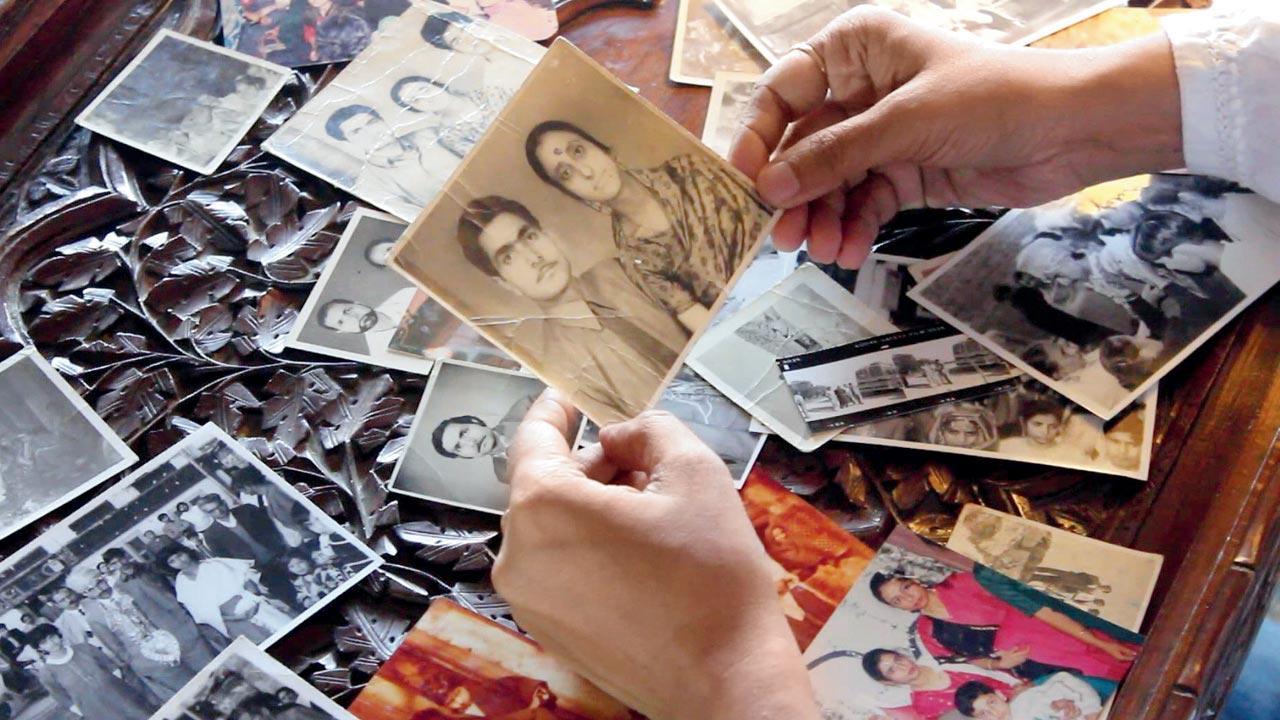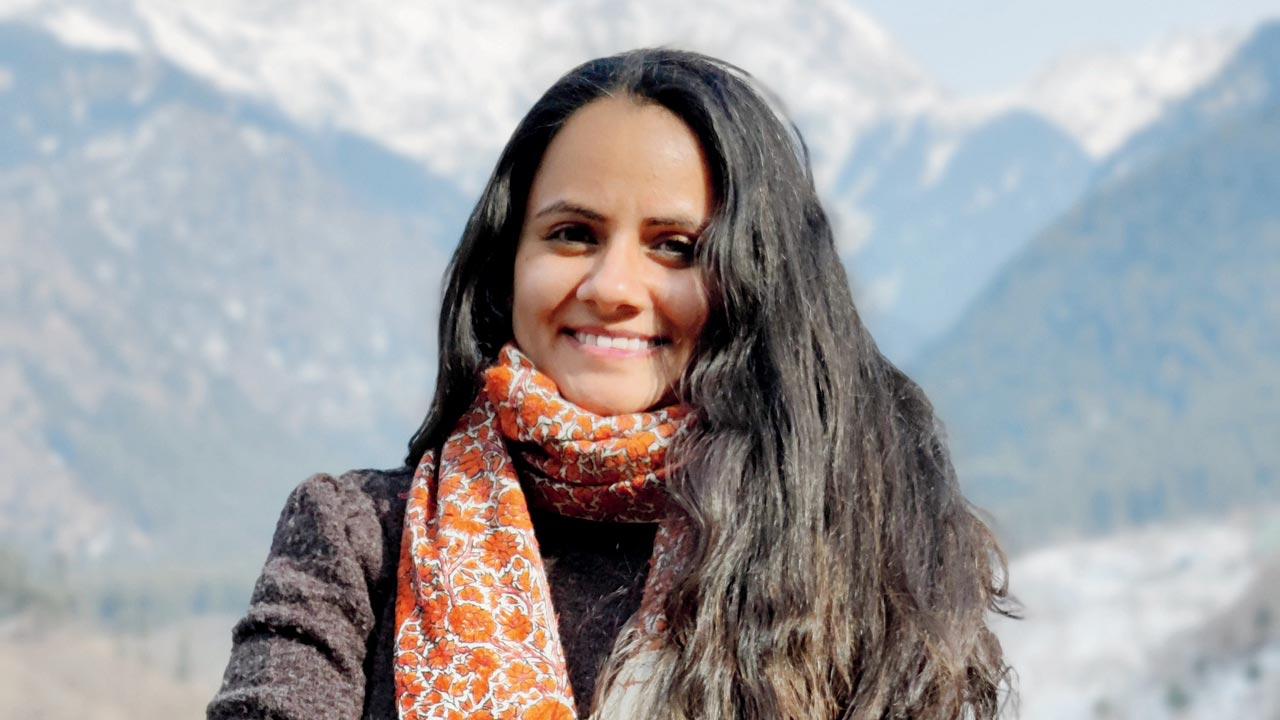Madhulika Jalali’s initial documentary film, Ghar Ka Pata, will be screened in Mumbai after this week. The Kashmiri Pandit filmmaker discusses Kashmir, home and memories

A still from a documentary, Ghar Ka Pata
Childhood is a pivotal partial of a lives. How did staying divided from your home impact you?
I WAS about 6 when my family changed to Delhi, so we couldn’t remember a lot about Kashmir. However, we realised that we was in an unknown place, generally culturally. we knew there were differences, nonetheless we was too immature to know since things were a approach they were. Even nonetheless we didn’t feel any clever undo and blending to a city flattering well, we still felt a changes. For example, any time we came home we knew we was going to eat opposite kinds of food, pronounce a opposite language, see my mom dress differently from other women; even a things we discussed during home were different. Now, when we demeanour behind during it, we know a abyss of
the situation.
How would we report Ghar Ka Pata to a readers?
Ghar Ka Pata is mostly about outcast and memory. At a certain age, we realize you’ve always lived in exile, that means that we have never been means to go behind to a place we indeed belong. we struggled with a gloomy memory that we remember, nonetheless yet we couldn’t place an picture of my residence in Kashmir. The film is a hunt for memory and an bargain of how uprooted one can feel by not carrying a choice to go behind and make that childhood home, even in their memory.
 Madhulika Jalali
Madhulika Jalali
After 24 years, what brought we behind to Kashmir?
After 1990, a initial time we visited Kashmir was in 2014, that was for a family holiday. Kashmir is a supportive theme in my family, and even during a trip, when we asked my father to uncover us a house, he refused. It strike me during a outing that everybody was vocalization a same language; people looked and sounded similar; even my relatives spoke to a locals as if they knew any other for ages. we didn’t know what that was since we hadn’t lived that life. That’s when we realised we wasn’t vital where we should have been. With so many emotions and questions flooding my mind, we had to find out where my residence was.
What do we wish viewers will take behind after examination a documentary?
I wish people know a pain of anyone who has been replaced or vital in outcast and has been incompetent to lapse to their homeland. What we gifted wasn’t by choice, so we can usually wish for people to start a review about a definition of home. Rather than holding some meaning, we wish there is recovering after examination it.
On Jun 1; 3.45 pm to 5.45 pm
At Films Division Complex, Audi 1 theatre, Peddar Road.
Log on to miff.in
Cost Rs 300

<!–
.poll-error{
color: red;
}
.radio-form-wrapper {
list-style: none;
padding: 0;
margin: 0;
font-family: “BentonSansCond Medium”;
font-size: 16px;
}
.radio-form-wrapper li {
border-bottom: 1px solid
margin-bottom: 10px;
}
.progress {
display: -webkit-box;
display: -ms-flexbox;
display: flex;
height: 1rem;
overflow: hidden;
font-size: .75rem;
background-color:
border-radius: 0.25rem;
}
.poll-progress {
width: 30%;
display: inline-block;
margin-top: 8px;
height: 11px;
}
.poll-yes-repeat {
width: 8%;
display: inline-block;
text-align: end;
}
.font-green {
color: green;
}
.font-red {
color: red;
}
element.style {
}
.poll-yes {
width: 60%;
display: inline-block;
}
.font-blue {
color:
}
.poll-display {
display: none;
}
.width-submit{
width: 25%;
color: rgb(255, 255, 255);
background-color: rgb(0 102 178);
border-color: rgb(0 102 178);
}
@media shade and (max-width: 480px) {
.width-submit{
width: 100%;
}
.poll-progress {
width: 30%;
}
.poll-yes {
width: 50%;
}
.poll-yes-repeat {
width: 14%;
}
}
–>
